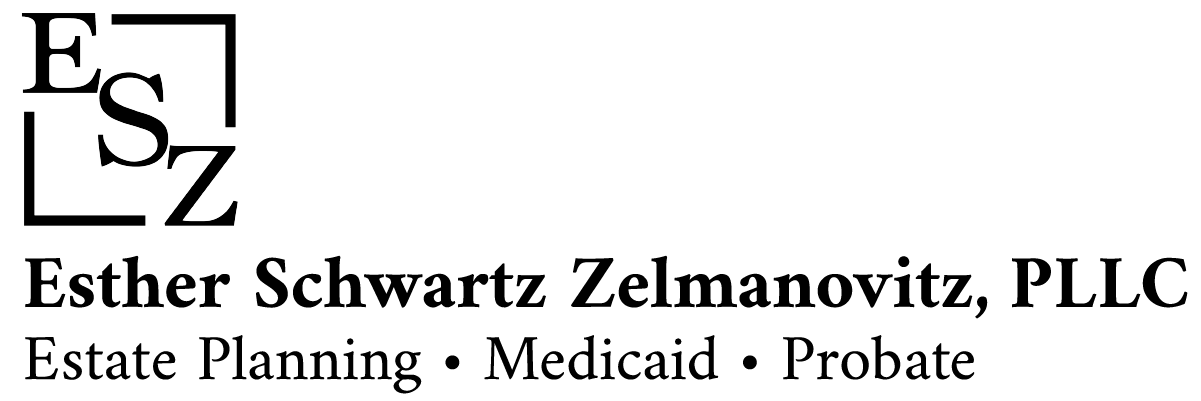For most people, receiving an inheritance is something to celebrate. However, for a nursing home resident on Medicaid, an inheritance may not be such welcome news.
What Is Medicaid?
Medicaid is a public assistance health insurance program for people who have limited means. For many older adults, or individuals with disabilities, Medicaid often serves to help cover the expensive costs of long-term care.
Medicaid eligibility requirements for long term care come with extremely strict income and resource limits. Because Medicaid is a federal program that is run separately by each individual state, the income and resource limits varies by state, and more specifically, by each Medicaid program. In many states, an individual may not have more than $2,000 in their name to qualify for the program. Generally, New York State has a limit of $31,175 (for 2024).
When applying for Medicaid long-term care benefits, the review process goes beyond just examining an applicant’s current assets. Medicaid also scrutinizes the applicant’s financial transactions for a period leading up to their application date. This review, known as the “lookback period,” typically spans 60 months and is designed to prevent individuals from qualifying for benefits by giving away or transferring assets for less than fair market value.
Interestingly, while New York State has established a 30-month lookback period for community-based long-term care (such as home care services) in 2020, the lookback has not yet been implemented to date. If Medicaid uncovers any uncompensated transfers during the lookback period, they will assess a penalty, potentially affecting the applicant’s eligibility for benefits.
The Medicaid program’s strict asset limits can turn an inheritance into a double-edged sword for recipients. While seemingly a windfall, an inheritance can actually jeopardize a recipient’s Medicaid benefits, potentially disrupting their care. Even worse, without proper planning, the inheritance itself might be consumed by high care costs. To avoid these negative outcomes, it’s crucial to engage in careful planning. This ensures that an inheritance enhances the recipient’s quality of life rather than undermining their Medicaid-funded care or disappearing into medical expenses.
Inheritance Money is Income in the Month Received
An inheritance counts as income in the month you receive it. You or whoever is representing you will have to inform the state Medicaid agency about the inheritance. If you receive an inheritance and the amount puts you over the income limits for your state, you will not be eligible for Medicaid benefits for that month. If you can properly spend down the money from an inheritance in the same month that you receive it or make a transfer of the money that is exempt from a lookback penalty, you will be eligible for Medicaid again the following month.
Preserving Your Inheritance
An elder law attorney can identify and advise you on your options to preserve your inheritance. The attorney will determine the rules for your specific state program and identify whether any exceptions to the lookback are available to you that will allow you to preserve some or all of the inheritance. If there are no exceptions applicable to your situation, the attorney still can advise you on the proper way to spend down the inheritance to gain some benefit from the inheritance while minimizing the reduction of Medicaid benefits. Further, there may be additional strategies that the attorney can identify to help you for maximum preservation of the inheritance.
Advance Planning is Best, If Not Too Late
If you have a loved one that may be receiving Medicaid benefits when you die, even unexpectedly, it is best for your estate plan to direct their inheritance to a Medicaid compliant special needs trusts. This would allow your loved one to benefit from their inheritance without jeopardizing either their Medicaid or the inheritance. An elder law attorney can help you with your estate planning.
Conclusion
The Medicaid program is, in and of itself, quite complicated. With different rules in every state, and changing requirements from year to year makes the task of navigating Medicaid even more daunting. Trying to navigate this yourself can result in avoidable loss to your benefits or your inheritance. Seek guidance from an experienced elder law attorney.
We are happy to help you (516) 466-WILL.
